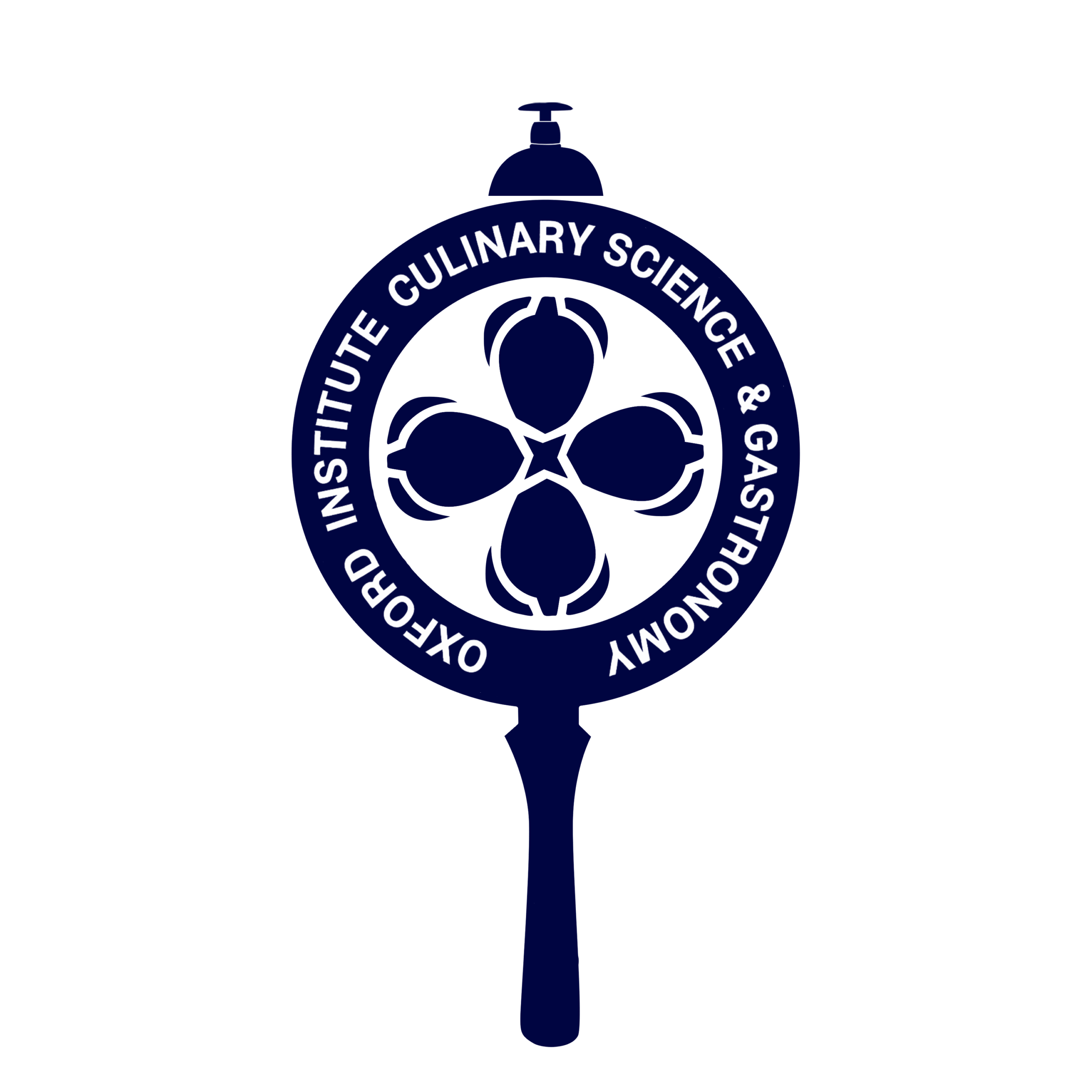Description

Mastery of Standardized Culinary Systems and Applied Professional Practice
 Program Overview
Program Overview
The Level 3 Professional Associate in Gastronomy marks the transition from a skilled practitioner to a competent culinary professional capable of managing standardized operations within international gastronomy environments.
Students learn to harmonize technical execution with innovation, integrate sensory science into menu design, and lead small teams with professional discipline.
This level emphasizes real-world application, consistency, and international culinary standards — preparing students for managerial and research-oriented paths.
 Learning Objectives
Learning Objectives
By the end of this level, learners will be able to:
-
Manage kitchen stations and teams following international culinary standards.
-
Standardize recipes and menus for consistent quality and cost control.
-
Apply principles of gastronomy science in menu development.
-
Execute and supervise operations across multiple sections of the kitchen.
-
Analyze flavor profiles and food textures with scientific accuracy.
-
Demonstrate leadership, communication, and time management in real service environments.
 Core Modules
Core Modules
| Module Code |
Module Title |
Key Topics Covered |
Hours / Credits |
| G301 |
Professional Culinary Management |
Kitchen hierarchy, workflow optimization, leadership skills |
10 ECTS |
| G302 |
Standardization & Quality Control in Gastronomy |
Recipe systems, portion control, food costing, consistency models |
8 ECTS |
| G303 |
Advanced Food Science & Technology |
Heat transfer, emulsions, fermentation, texture science |
10 ECTS |
| G304 |
Menu Engineering & Culinary Innovation |
Menu design, costing, sensory analysis, cross-cultural adaptation |
8 ECTS |
| G305 |
Sustainable Food Systems & Supply Chain |
Ethical sourcing, waste management, traceability |
8 ECTS |
| G306 |
Communication, Leadership & Customer Experience |
Service psychology, team management, guest interaction |
6 ECTS |
| G307 |
Internship & Applied Professional Project |
Industry-based project integrating all learned competencies |
10 ECTS |
| Total Credits |
|
|
60 ECTS |
 Specialization Tracks (Elective Focus)
Specialization Tracks (Elective Focus)
| Elective Track |
Focus Area Description |
| Culinary Operations Management |
Mastery of professional kitchen logistics and operational systems |
| Research & Development in Gastronomy |
Experimental cooking, sensory trials, data collection, and reporting |
| Art of Menu Design & Flavor Engineering |
Creative flavor design through scientific and artistic integration |
| Sustainable Gastronomic Practices |
Global sustainability models applied to culinary environments |
 Internship / Experiential Learning
Internship / Experiential Learning
-
Duration: 5 months (minimum 450 hours)
-
Placement: Leading hotels, restaurants, culinary research centers, or sustainability-driven kitchens
-
Objectives: Station management, supervision, communication under pressure, and innovation in workflow
-
Evaluation:
 Capstone Project
Capstone Project
Title: Standardization and Innovation in Professional Gastronomy
Students conduct a comprehensive project designing and standardizing a multi-course menu or product line, integrating food science principles, sensory evaluation, and sustainable methods.
A presentation and defense session are conducted before an academic panel.
 Career Pathways
Career Pathways
Graduates of this level are ready for mid-level professional roles such as:
-
Chef de Partie / Section Leader
-
Gastronomy Supervisor or Trainer (Junior Level)
-
Menu Standardization Specialist
-
Food Innovation Technician
-
R&D Culinary Assistant
Graduates can progress directly to Level 4 – Professional Bachelor in Gastronomy.
 Entry Requirements
Entry Requirements
| Requirement |
Details |
| Academic |
Completion of Level 2 – Professional Advanced Diploma in Gastronomy or equivalent |
| Language |
English proficiency (IELTS 6.0 or equivalent) |
| Portfolio |
Demonstration of applied culinary or managerial experience |
| Age |
Minimum 19 years |
 Certification & Academic Credit
Certification & Academic Credit
| Qualification Title |
Professional Associate in Gastronomy |
| Academic Credits |
60 ECTS (1 Academic Year) |
| Awarding Body |
Oxford Institute of Culinary Science and Gastronomy |
| Qualification Level |
Level 3 – Associate Degree |
| Mode of Study |
Integrated: Theory, Laboratory Practice, Research, Internship |
 Learning Philosophy
Learning Philosophy
At Level 3, gastronomy education becomes systematic and scientific.
Students move from “performing tasks” to “designing systems” — learning how to build, supervise, and optimize the culinary environment with precision, innovation, and sustainability at its core.
